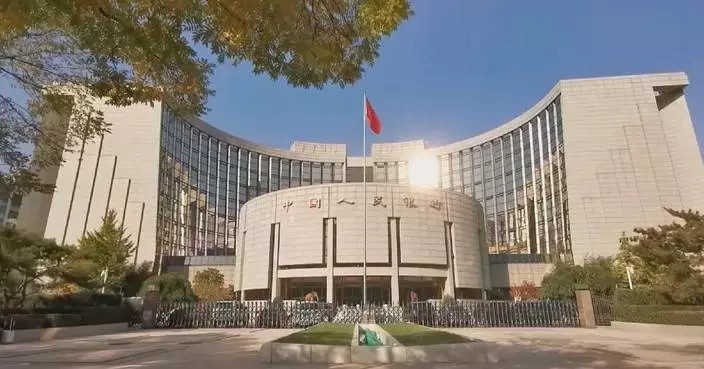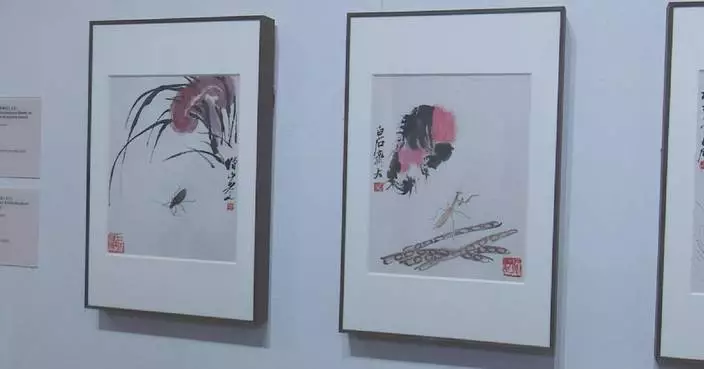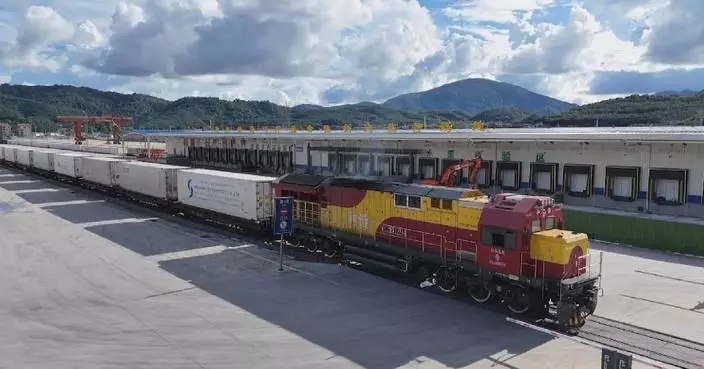China on Wednesday announced interim measures for the implementation of a flexible retirement system, in a move to enforce the previously adopted policy of incrementally raising the statutory retirement age.
The measures stipulated the procedures for applying for flexible retirement and the requirements for receiving basic pensions, among other details.
Under the new policy, individuals will be allowed to retire up to three years earlier than the new statutory retirement age once they have met the minimum pension contribution requirements. But it is not allowed to retire earlier than the previous statutory age.
Individuals will be able to postpone retirement to an even later date if they reach an agreement with their employers, though this delay must not exceed three years.
Experts say the new retirement system offers flexible options for workers with different situations.
"The flexible retirement policy takes into full consideration the needs of different groups, allowing workers to flexibly choose their own retirement time and to better balance life and work. The lower-aged elderly who have willingness, capabilities, and conditions, could continue to engage in social production and service roles to realize their personal value," said Li Chang'an, researcher with the Academy of China Open Economy Studies under the University of International Business and Economics.
Chinese lawmakers voted in last September to adopt a decision on gradually raising the statutory retirement age in the country, marking the first adjustment in the arrangement since the 1950s.
According to the decision adopted at the 11th session of the Standing Committee of the 14th National People's Congress, the statutory retirement age for men will be gradually raised from 60 to 63 in the course of 15 years starting 2025, while that for women cadres and women blue-collar workers will be raised from 55 to 58 and from 50 to 55, respectively.
Starting 2030, the minimum year of basic pension contributions required to receive monthly benefits will be gradually raised from 15 years to 20 years at the pace of an increase of six months annually.

China announces interim measures for introducing flexible retirement system









